

As Women’s History Month comes to a close, it would be amiss not to reflect on the women in our lives who are currently making history. Only 15% of orthopaedic surgeons are women, and of that number, less than 0.5% are fellowship-trained in adult reconstruction, which specializes in treatments for knee and hip arthritis and joint replacement. Dr. Noelle DiGioia Guthrie is one of the only such surgeons in the Pittsburgh region. I sat down with Dr. DiGioia Guthrie to ask her about her experiences as a woman in orthopaedics.
A: The biggest thing Women’s History Month means to me is paying homage to the women who paved the way, reflecting on those who did it first and the roads that they trailblazed to make it easier for me to do what I’m doing—learning from the things that they pioneered and had a hard time doing, the things that they were successful at, the things that they changed for us. I think moving forward, as I inspire the next generation, it’s important to be open and available as a mentor to women who want to be surgeons, especially in joint reconstruction, because there aren’t a lot of female mentors. I think it’s most important for me, too, to show younger generations that it’s possible to be a good clinician and also have a family, to be active in your kids’ lives as they grow up. I think it’s important to have someone to answer questions.
A: I think that in the past twenty years, the landscape has changed dramatically. Just the sheer number of women who are matriculating through orthopaedic surgery and becoming attendings is huge. I think that is due to the females who have trailblazed the path, like I mentioned earlier, and gotten people interested in the field. It’s changed in the sense that more females are going toward adult reconstruction. There’s less stigma about females not being able to do that specialty because it’s a more physical specialty. Women understand that they can do it and also have a family. That’s the biggest thing that’s changed. Also, having mentors in that field—because the more women that are doing it, the more women that are available.
When I was in residency, there were no female adult reconstruction surgeons. There was research that said if you’re pregnant, you should step out of the room when cement was being used. But later, newer research said otherwise, and you didn’t have to do this. I had nobody to talk to, no female who had gone through this. Obviously, as an attending, you can’t leave the room. In my fifth year, I had a female attending to talk to and get her opinion to see if it was true. It’s been debunked, and it’s safe, but I’m sure it made younger orthopaedic residents feel like they didn’t want to do joints because they could have babies, so that’s changed a lot.
A: The biggest thing that I would tell my younger self is to be confident in your skills and knowledge. There definitely were times that some attendings and co-residents may have questioned my ability or knowledge base, but I wish I had been a little more confident in what I knew and my skill set.
Dr. DiGioia Guthrie’s journey highlights the progress women have made in orthopaedic surgery while underscoring the importance of mentorship and representation in the field. As more women pursue careers in adult reconstruction and other surgical specialties, mentors like Dr. Guthrie continue to inspire the next generation. By fostering confidence, providing guidance, and breaking down barriers, she and others are ensuring that the future of orthopaedics is one of greater inclusivity and opportunity.